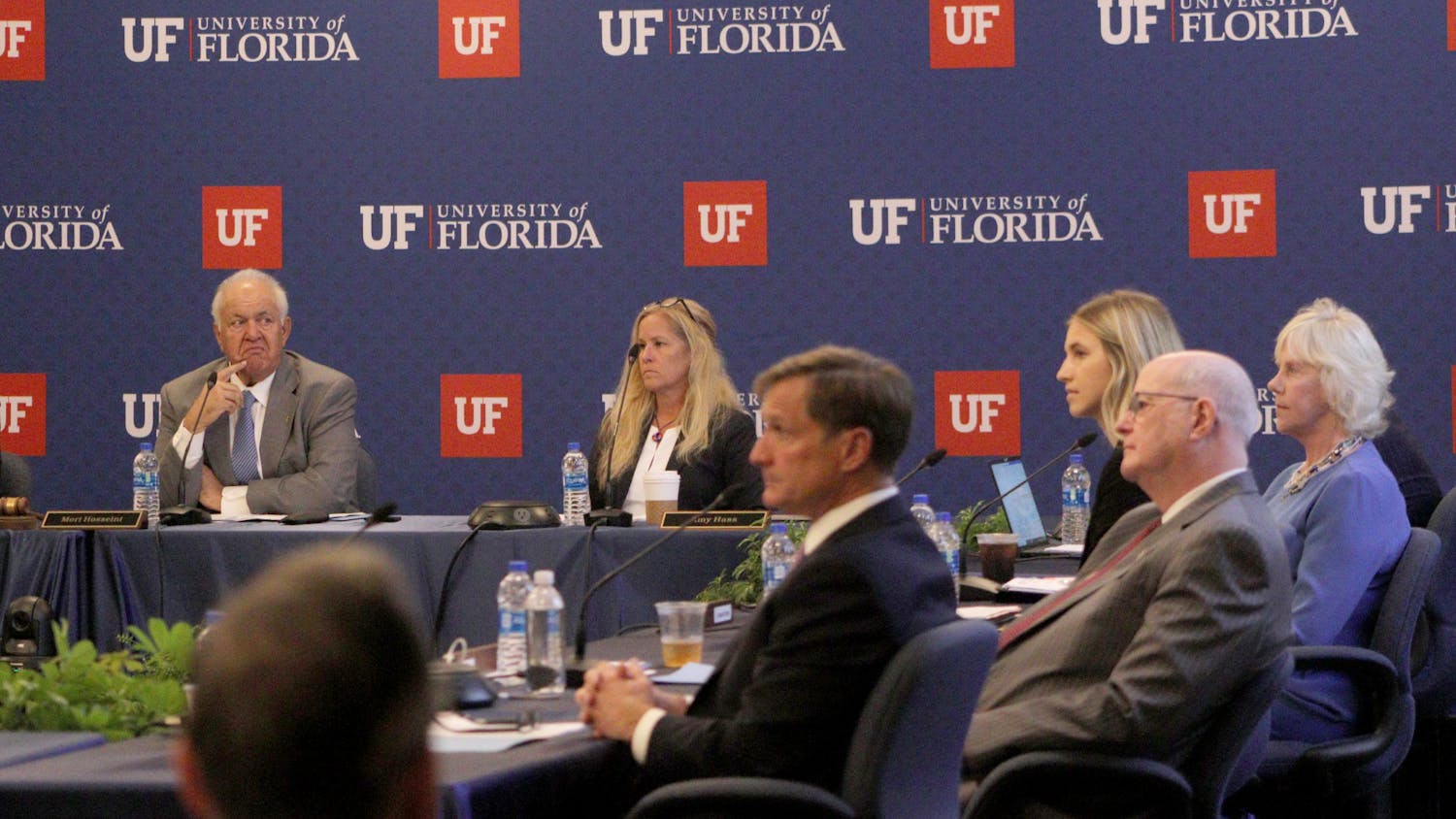Mark Zuckerberg insists “it’s not e-mail.” Bloggers are throwing around phrases like “Gmail killer.” One headline in The Times of India asks, “Will Facebook sound death knell for e-mail?”
The site’s new messaging system promises to be a radical step for social networking, but the move has caused concern and criticism among college students and professors.
The messaging system, which was announced Monday, will integrate e-mail, SMS text messaging, instant messaging and Facebook messages. By seamlessly integrating various forms of electronic communication within the Facebook interface, the service looks to widen the impact of social networking and compete with services like Yahoo and Gmail.
Gerald Haskins, a senior lecturer in UF’s computer science department specializing in ethics, said he is concerned about privacy issues.
“The idea of integrating all these things is particularly frightening, but it was bound to happen,” he said.
Combining different forms of messaging makes users more vulnerable to data mining, a practice which has made Facebook the target of controversy in the past, Haskins said. Data mining refers to the practice of analyzing user information from the website to extract patterns from the data.
Haskins believes that by concentrating more forms of communication into one, especially a service with a history of privacy breaches, users would be sacrificing more of their privacy and letting personal information be collected, with little-to-no control over who has access.
“We have basically given away privacy,” Haskins said.
Haskins said students would be particularly at risk for data mining because they use Facebook heavily and tend to be careless about content that they post. The new system, designed to be informal and comprehensive, would only increase risk.
Facebook, which currently has more than 500 million users, has insisted in the past that it does not sell user information to third parties and that it respects the privacy of its users. Legally, it is protected by the fact that information is voluntarily shared by users.
Priscilla De La Torre, a computer science senior, said she probably won’t use the service because she prefers a more formal medium and separate services for professional or social communication. She also raised concerns about the amount of data Facebook would be able to collect by permanently storing private text messages and emails.
“I’m very uncomfortable with the idea of one centralized service,” she said.





